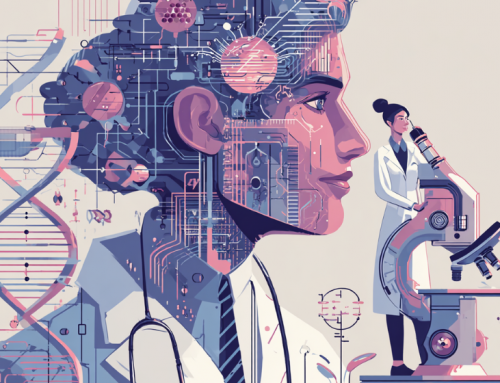
OpenAI is planning to launch its new AI model, Orion, by December, initially offering limited access to partner companies, with the model expected to be significantly more powerful than GPT-4 and potentially advancing the company’s pursuit of artificial general intelligence. (Source: Image by RR)
OpenAI’s New Model Could Herald a Major Leap in Power, Surpassing Previous GPT Versions
OpenAI is planning to launch a new AI model named Orion by December, though unlike previous releases, it will initially be available only to select partner companies for product development, rather than a general rollout through ChatGPT. Orion, expected to be a successor to GPT-4, may also be hosted on Microsoft’s Azure platform as early as November, though it remains uncertain whether the model will be officially called GPT-5. Despite initial denials from OpenAI, a source indicated that training for Orion was recently completed, and the model is anticipated to be significantly more powerful than its predecessors.
As noted in theverge.com, the development of Orion has been linked to the use of the o1 reasoning model, code-named Strawberry, which has provided synthetic data for training the new model. Speculation about Orion’s release has been fueled by a cryptic social media post from CEO Sam Altman referencing winter constellations, hinting at the model’s impending launch, as the Orion constellation is prominently visible during that season. Internal celebrations among OpenAI researchers also suggested that preparations for the model’s debut were underway.
The launch of Orion comes at a pivotal moment for OpenAI, which recently secured a record-breaking $6.6 billion in funding that will transition the company into a for-profit structure. The organization is also facing significant leadership changes, with key departures including CTO Mira Murati, Chief Research Officer Bob McGrew, and VP of post-training Barret Zoph, potentially impacting its strategic direction during this transition.
As OpenAI gears up for Orion’s anticipated launch, the company aims to combine its models to move closer toward achieving artificial general intelligence (AGI). The exact capabilities and deployment timeline remain subject to change, but the model is expected to push the boundaries of AI performance, making it a critical development in OpenAI’s ongoing efforts to lead in AI innovation.
read more at theverge.com







Leave A Comment